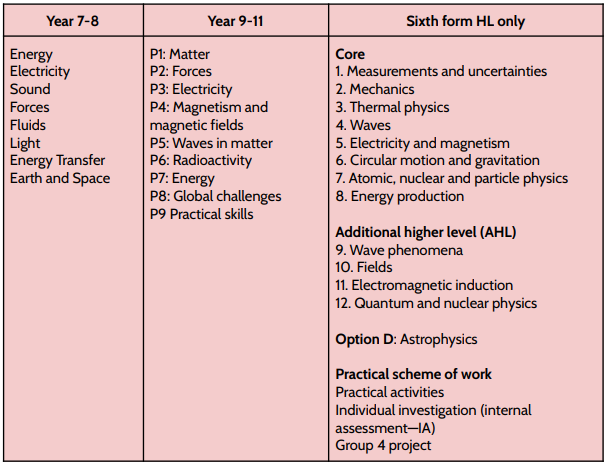
23 Jul 2024
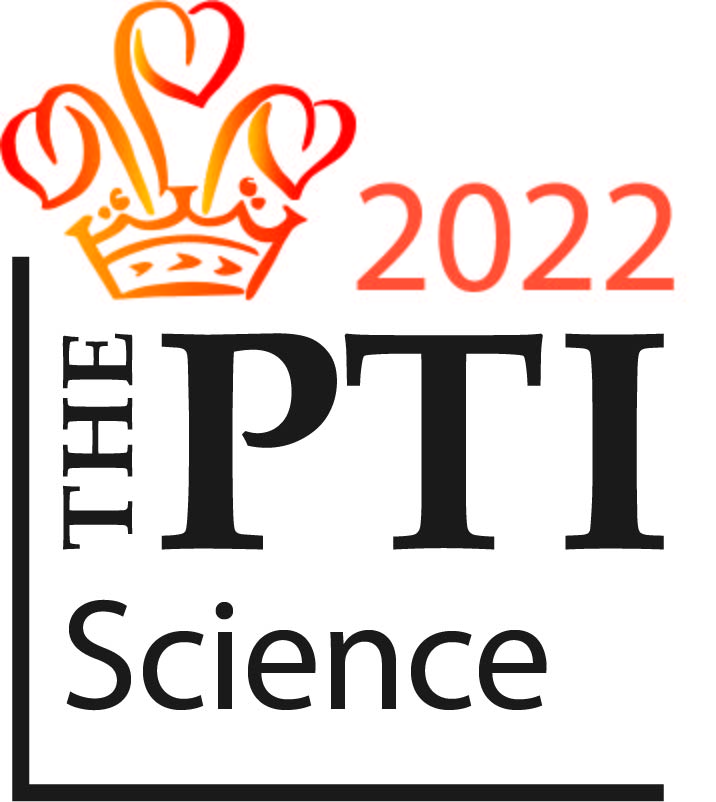
Welcome to the Science Department at Bexley Grammar School.
Scientific exploration has formed and continues to shape the way in which we view the world. Identifying the underpinning principles of the biological, chemical and physical world has allowed humans to invent and create technologies that have changed the face of the planet. The modern world is increasingly technologically complex and thus the need for sound understanding of such principles has never been in more demand.
In Science, we implement a curriculum that has been designed to ensure that both knowledge of procedures and concepts are developed throughout their time at Bexley Grammar School. The key goal of our Science Curriculum is to deliver engaging lessons that would produce students that know and understand the key ideas of science. The students would be equipped with the tools to work scientifically; analyse, communicate, enquire and solve problems with confidence. The seven years of study are based around a spiral curriculum: a student will meet each fundamental concept multiple times throughout their school career, with each encounter increasing in complexity and reinforcing their previous learning.
Each lesson is 50 minutes long and all Year 7 classes and Year 8 have four periods of science per week. Students follow a carefully designed curriculum based on “Exploring Science” that lays the foundations for their GCSE studies. Key Stage 3 science is focused around a balanced practical scheme of work where students develop their subject knowledge across biology, chemistry and physics.
All students in Years 9, 10 and 11 follow the OCR Gateway GCSE science specifications in biology, chemistry and physics. The sequence of teaching is set out in a logical and hierarchical order, commencing in fundamental concepts and then progressively expanding to global concepts.
In the Sixth Form, the Science Department offers higher level biology, chemistry, physics at IB Diploma level, in addition to standard level biology and environmental systems and societies (ESS).
We enhance our provision for Science, Technology, Engineering and Mathematics (STEM) through partnerships with the Princes Teaching Institute, The Royal Institution, The Royal Society, other institutions and universities.
Our popular Science, STEM and Engineering clubs help us to engage students and inspire future scientists and engineers. We provide an extensive range of extra-curricular opportunities throughout our students' time at Bexley Grammar School. Please see the extracurricular link below for more detail.
All Science lessons take place in modern scientific laboratories equipped with interactive whiteboards. Pupils are frequently able to access the numerous pieces of networked science software during science lessons and data-logging demonstrations are used frequently to investigate the concepts introduced during the courses. Pupils regularly develop their scientific enquiry skills through the completion of practical tasks in small groups.
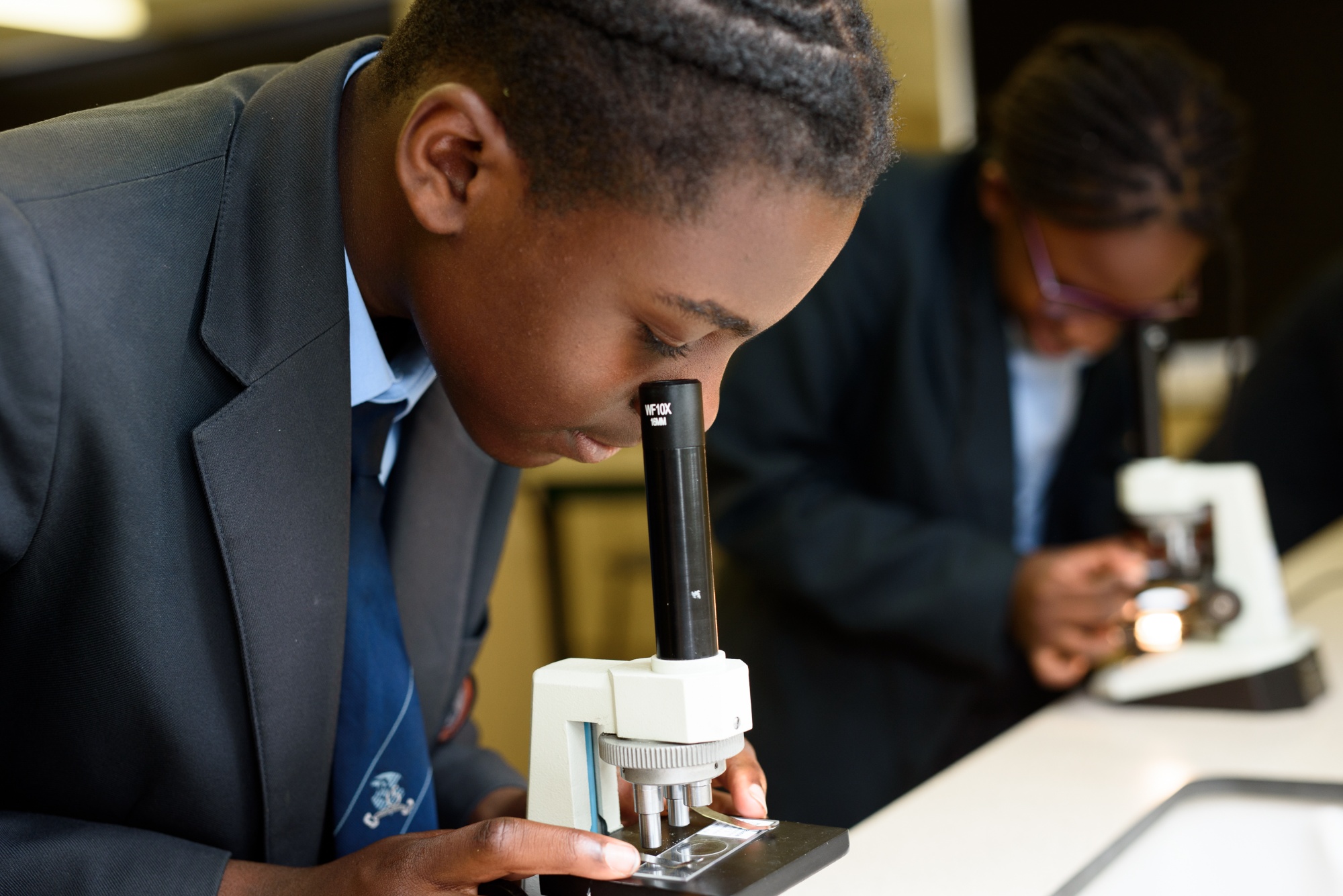
In Biology students study living organisms and how they interact with the world around them. In order to gain an in-depth understanding of the living world, studies are conducted at the molecular level within cells, building up to tissues, organs and organ systems and then studying whole organisms and how they interact in ecosystems.
Students will develop skills in designing and carrying out their own investigations. They have to make choices about the results they collect, how to go about solving research questions and how to analyse and interpret the data collected. This gives them control over their learning and helps them to understand that often there is more than one correct answer to a question.
Studying Biology gives students the ability to apply logical reasoning to problems and to think for themselves.
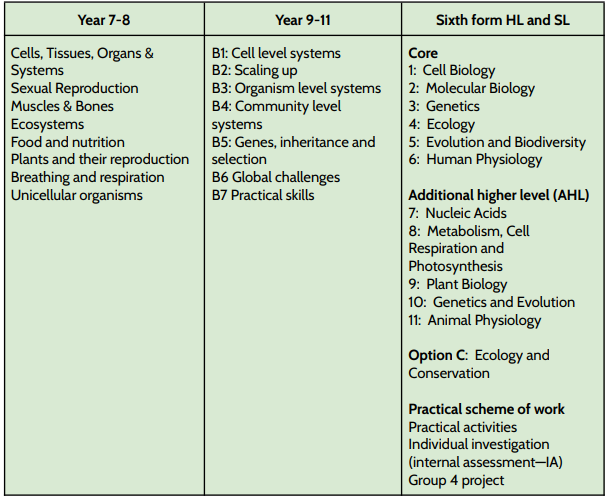
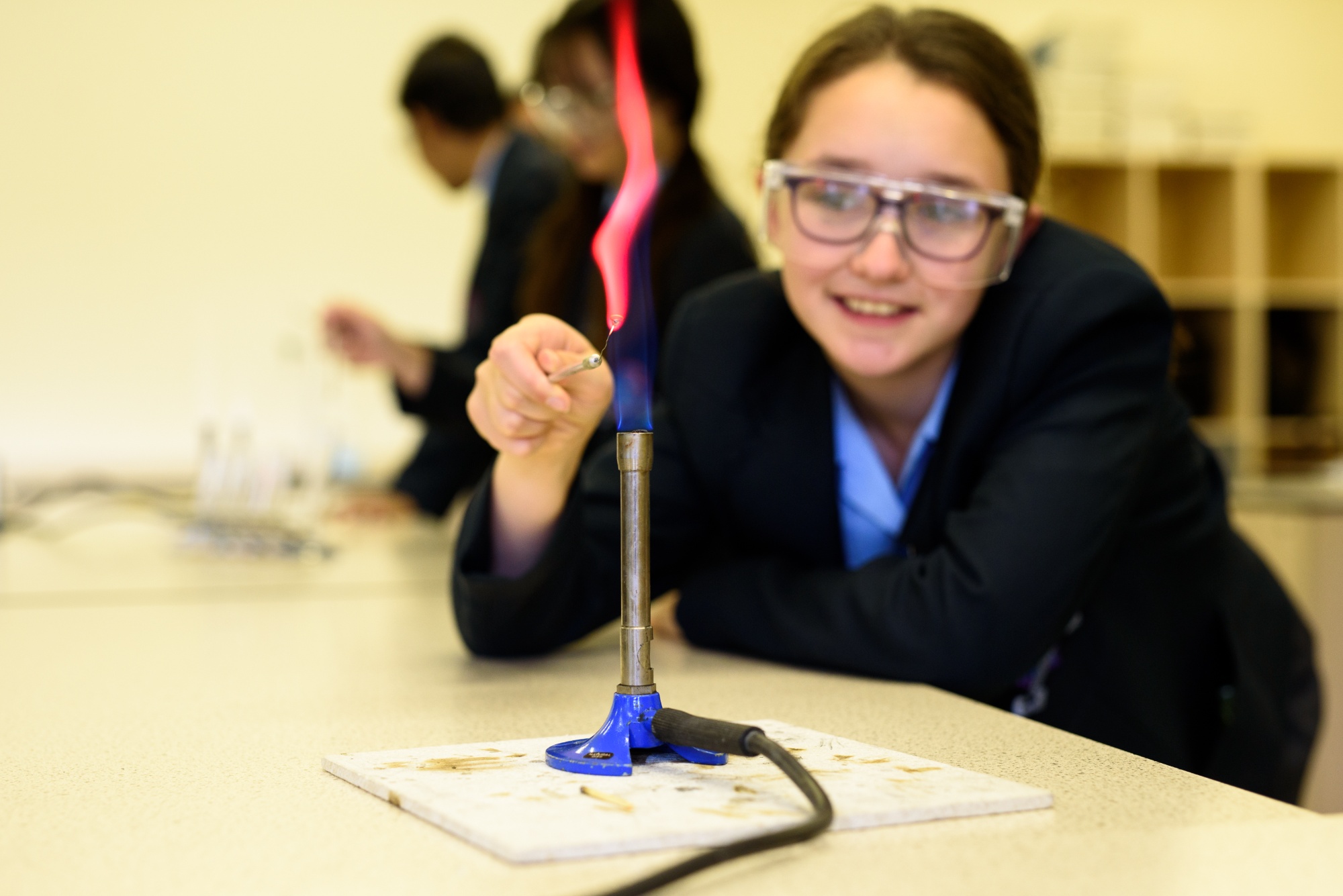
Chemistry is often considered to be the central Science being used to explain the complex reactions that occur in biological systems as well as explaining why materials behave in a certain way. The course covers the traditional aspects of Chemistry as well as exploring the concepts of Green Chemistry and sustainable development. Chemistry allows students to understand why and how things happen in the world around them and gives some understanding of how it can be used to help shape a better future world.
The students would be equipped with the tools to work scientifically; analyse, communicate, enquire and solve problems with confidence.
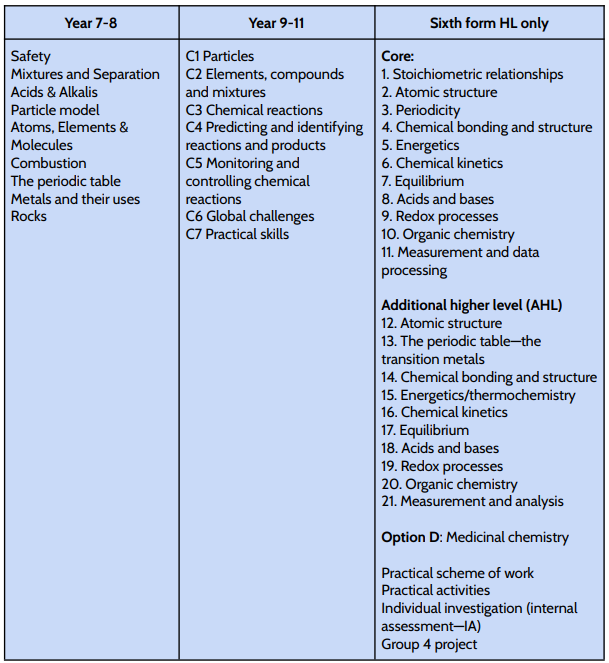
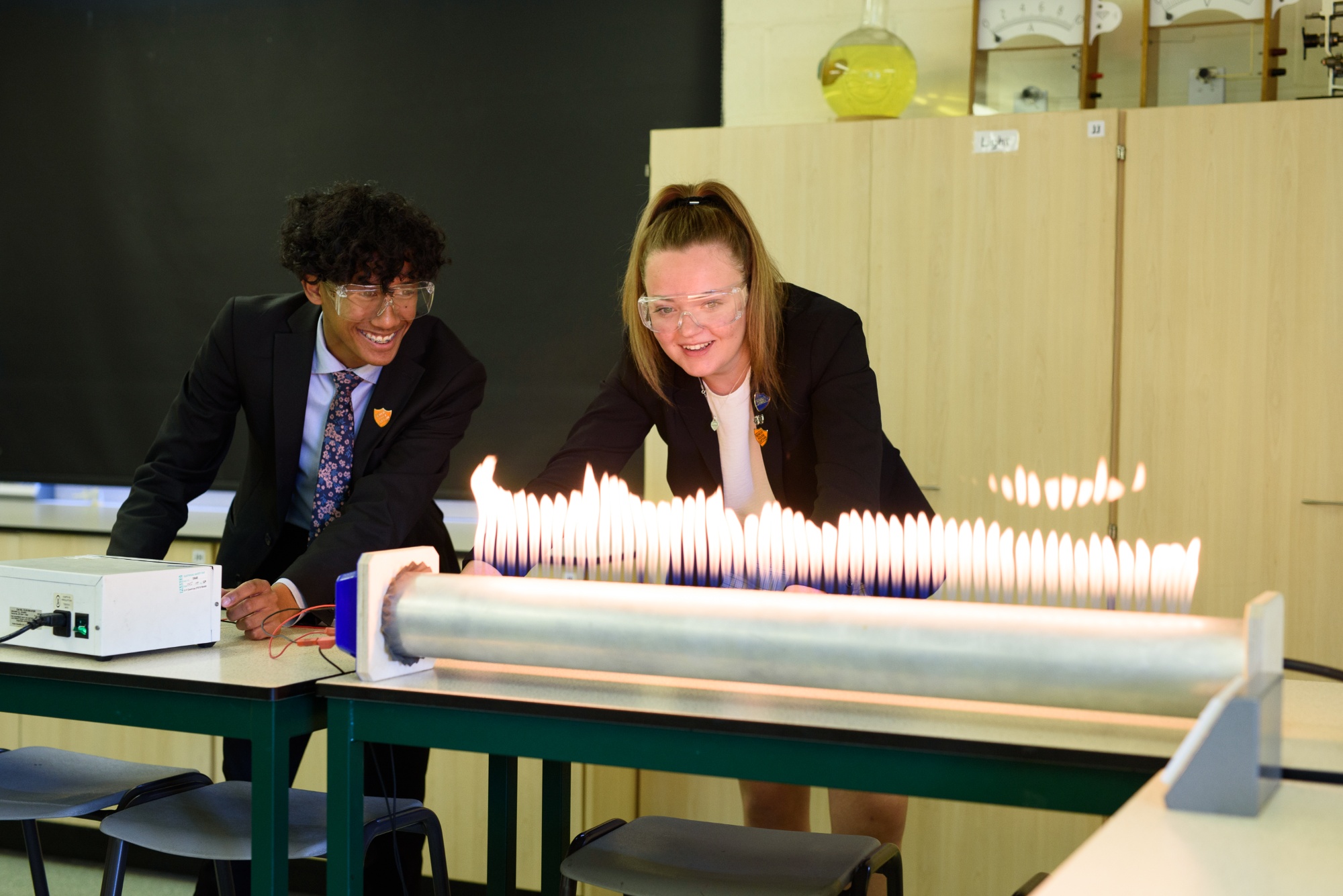
Physics is the most fundamental of the experimental sciences, as it seeks to explain the world in which you live. It deals with matter and energy and how they interact, looking at objects ranging from the very small to the entire universe.
Physics is an enquiry-based discipline and you develop practical and investigational skills as well as knowledge and understanding.
This gives time for more detailed study of scientific knowledge and for development of the skills of scientific enquiry essential to this subject.
